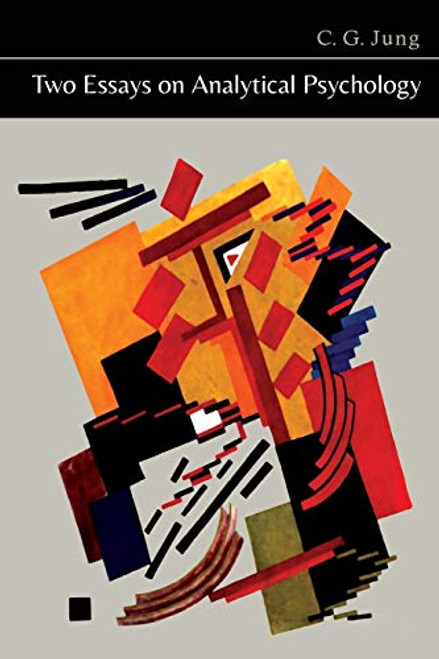In this Library of America volume are the brilliant, engagingly written works of the early and middle years of William James, a member of Americas most illustrious intellectual family. Widely acclaimed as the countrys foremost philosopher, the first of its psychologists, and a champion of religious pluralism, his influence on American thought is as strong now as it has ever been. Jamess emphasis on the creative power of faith, will, and action, his opening up of philosophy to the fresh air of ordinary experience, his fascination with alternative forms of belief and states of consciousness, and his impatience with dogmas of any kind all make him a defender of individual experience and earn him a place beside Emerson and Whitman as an exponent of American democratic culture. Psychology: Briefer Course (1892) is far more than a shortened version of his monumental Principles of Psychology. It significantly revises parts of the earlier work and adds important new materials. (Students liked to call the longer book James and the shorter one Jimmy.) Jamess new psychology moved away from discussions of the soul, morality, and logic, and focused instead on instinct, will, and the importance of action and habit. Passages comparing human consciousness to a wonderful stream inspired the stream of consciousness in the future work of Joyce, Woolf, and Gertrude Stein, a student of Jamess at Harvard. The Will to Believe and Other Essays in Popular Philosophy (1897) advances the argument that each of us has the right to believe in hypotheses that are not susceptible to proof, and that such beliefs might actually change the world. The conversational style of theses essays reflects their origin in public lectures, as well as Jamess conviction that truth can be discovered as much in the course of everyday life as in the activities of science or of philosophical speculation. Talks to Teachers and to Students (1899), also drawn from lectures, helped transform the emerging science of education. Here James applies his new psychology to classroom theory and conduct, especially for the primary grades. This immensely influential book has never gone out of print. It emphasizes the role in learning of instinct, play, and habit, along with the importance of engaging the voluntary interests of students. Jamess warm and sympathetic nature informs his treatment of children, who can best be taught by those who respect the childs autonomy and who avoid what he calls hammering in. Human Immortality (1897) defends the possibility of life after death; eight more of Jamess most important essays round out this volume devoted to a writer called by John Dewey, almost a Columbus of the inner world. LIBRARY OF AMERICA is an independent nonprofit cultural organization founded in 1979 to preserve our nations literary heritage by publishing, and keeping permanently in print, Americas best and most significant writing. The Library of America series includes more than 300 volumes to date, authoritative editions that average 1,000 pages in length, feature cloth covers, sewn bindings, and ribbon markers, and are printed on premium acid-free paper that will last for centuries.
William James : Writings 1878-1899 : Psychology, Briefer Course / The Will to Believe / Talks to Teachers and Students / Essays (Library of America)
MSRP:
Was:
Now:
$24.21 - $64.19
(You save
)
(No reviews yet)
Write a Review
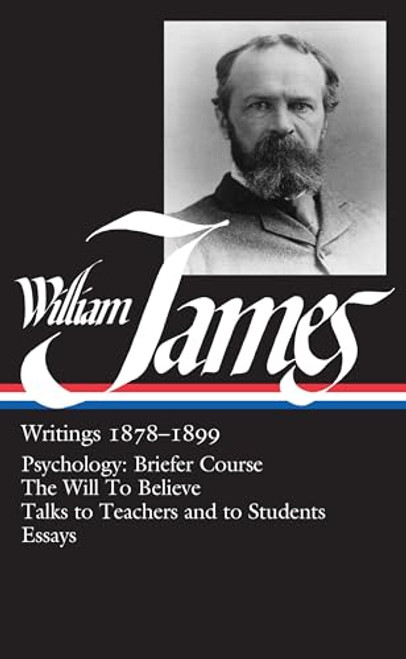
Write a Review

William James : Writings 1878-1899 : Psychology, Briefer Course / The Will to Believe / Talks to Teachers and Students / Essays (Library of America)
- SKU:
- UPC:
- 9780940450721
- Maximum Purchase:
- 2 units
- Binding:
- Hardcover
- Publication Date:
- 6/1/1992
- Release Date:
- 6/1/1992
- Author:
- James, William
- Language:
- English: Published; English: Original Language; English
- Pages:
- 1212
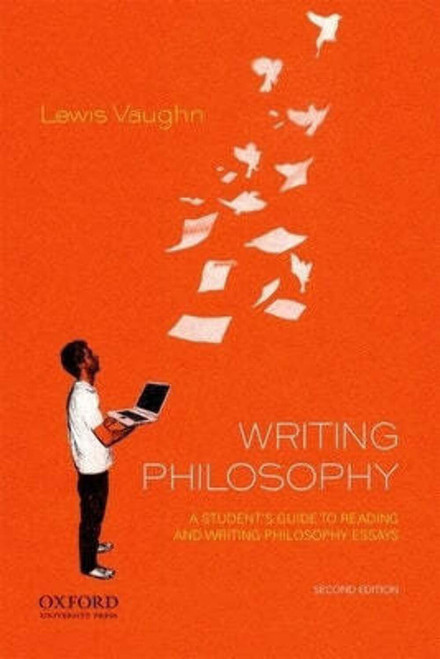
Oxford University Press
Writing Philosophy: A Student's Guide to Reading and Writing Philosophy Essays
MSRP:
Was:
Now:
$18.88 - $46.33
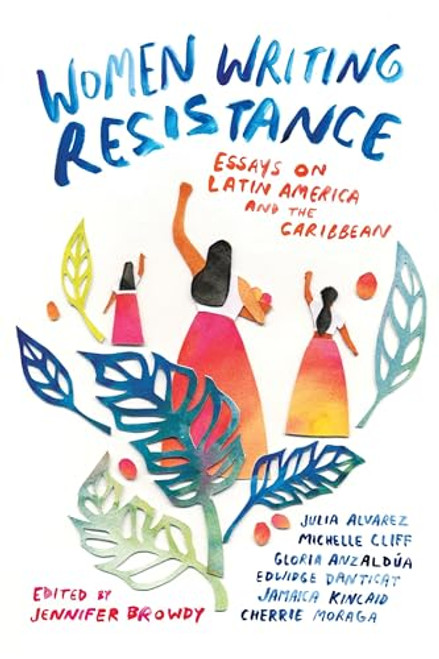
Beacon Press
Women Writing Resistance: Essays on Latin America and the Caribbean
MSRP:
Was:
Now:
$16.97 - $29.10
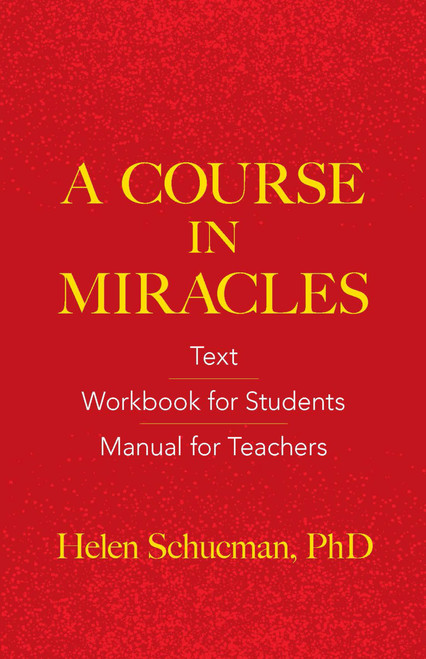
Ixia Press
A Course in Miracles: Text, Workbook for Students, Manual for Teachers
MSRP:
Was:
Now:
$24.41 - $31.19

New Directions Publishing Corporation
Selected Essays of William Carlos Williams
MSRP:
Was:
Now:
$25.80 - $36.26

Library of America
The Age of Movies: Selected Writings of Pauline Kael: A Library of America Special Publication
MSRP:
Was:
Now:
$25.04 - $35.54

The Ray Bradbury Collection: A Library of America Boxed Set (The Library of America)
MSRP:
Was:
Now:
$63.27 - $76.64
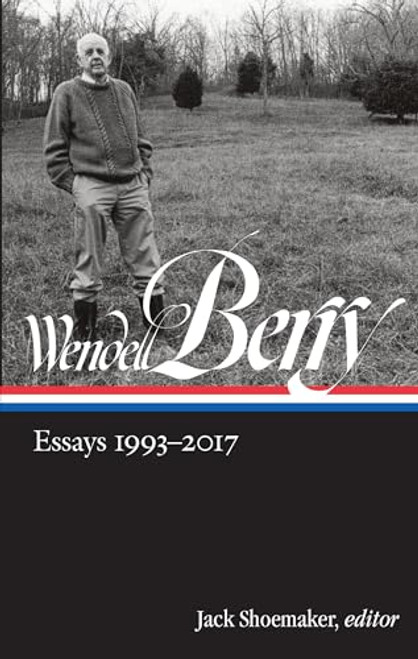
Library of America
Wendell Berry: Essays 1993-2017 (LOA #317) (Library of America Wendell Berry Edition)
MSRP:
Was:
Now:
$31.48 - $40.98
!


